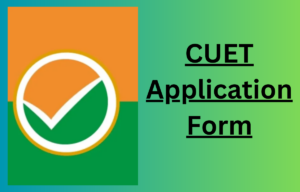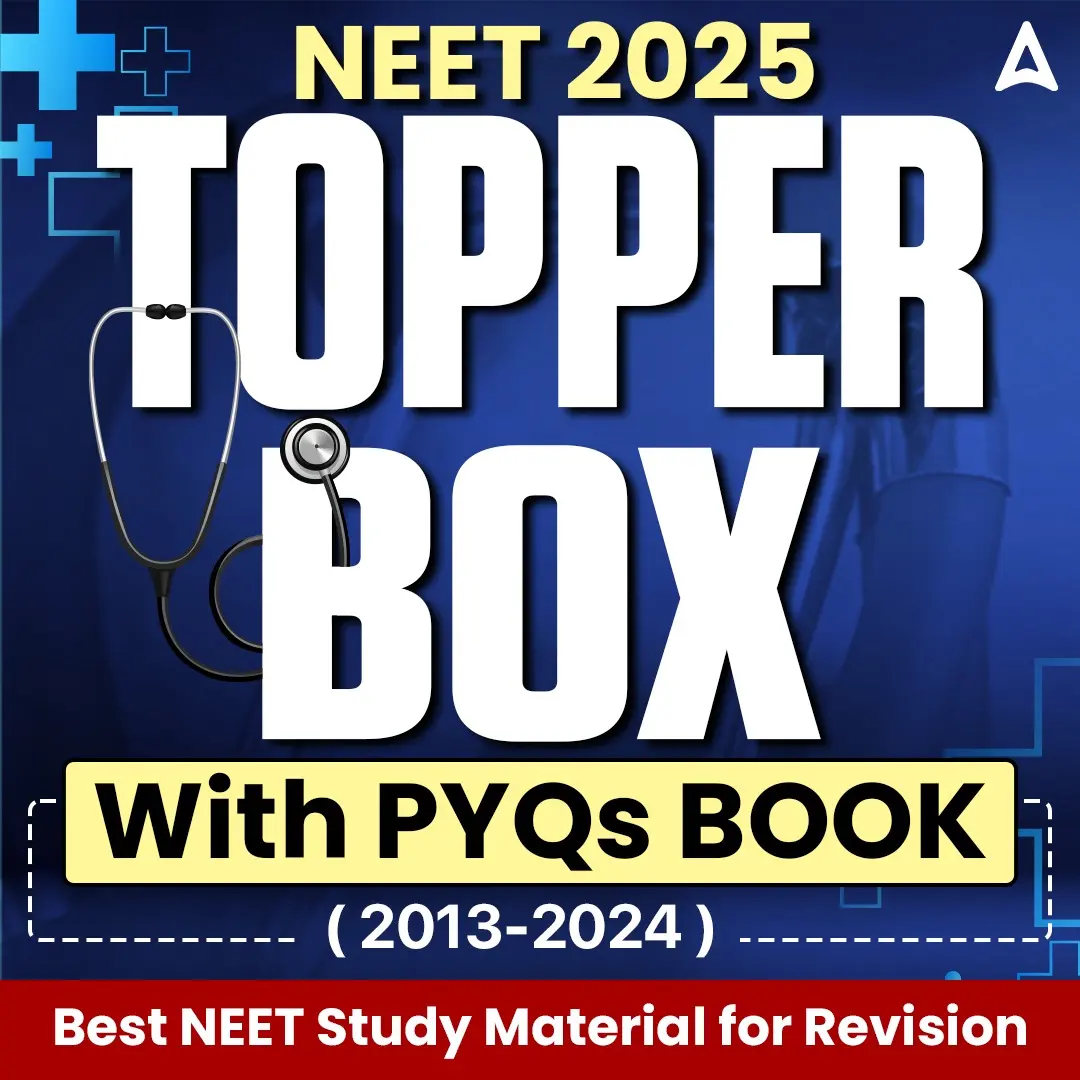Table of Contents
The CUET UG Sociology exam is for students who want to study sociology in college. It has multiple-choice questions based on class 12 topics like society, culture, and social change. The test includes questions from General Knowledge, English, and Sociology. After passing, students can pursue courses like BA in Sociology, Social Work, or Anthropology. Some universities also offer courses in Human Rights and Rural Development. Scoring well in the exam helps students get into top universities for these courses.
Before preparing for Sociology course exams, students should first carefully review the updated CUET Sociology syllabus for 2025. Students willing to appear for the CUET Sociology exam are advised to carefully go through their school subjects well and practice previous question papers.
CUET Sociology Syllabus 2025
The CUET UG Sociology syllabus helps students understand how society works. It covers basic ideas like culture, social groups, and important parts of society such as family, education, and religion. Students also learn about issues like social change, the role of women, and important problems like inequality, caste, class, and gender.
The syllabus looks at society both in India and around the world. It encourages students to think about how people relate to each other and their society. The goal is to help students understand how social systems work and the challenges people face in different countries.
CUET Sociology Syllabus – Units
- Unit 1: Structure of Indian Society
- Unit 2: Social Institutions: Continuity and Change
- Unit 3: Social Inequality and Exclusion
- Unit 4: The Challenges of Unity in Diversity
- Unit 5: Process of Social Change in India
- Unit 6: Social Change and the Polity
- Unit 7: Social Change and the Economy
- Unit 8: Arenas of Social Change
- Unit 9: New Arenas of Social Change
- Unit 10: Social Movements
CUET UG Sociology Topic Wise Syllabus 2025
The CUET UG Sociology syllabus covers two main sections. Section A focuses on the fundamentals of sociology, including topics like the meaning of sociology, society, culture, socialization, and social institutions. Section B covers topics like social change, development, and issues in Indian society such as caste, gender, and rural-urban differences. Students are expected to understand basic concepts, analyze social issues, and explore the relationship between individuals and society in these areas.
| CUET Sociology Syllabus 2025 | |
| Units | Topics |
| Unit 1: Structure of Indian Society |
|
| Unit 2: Social Institutions: Continuity and Change |
|
| Unit 3: Social Inequality and Exclusion |
|
| Unit 4: The Challenges of Unity in Diversity |
|
| Unit 5: : Process of Social Change in India |
|
| Unit 6: Social Change and the Polity |
|
| Unit 7: Social Change and the Economy |
|
| Unit 8: Arenas of Social Change |
|
| Unit 9: New Arenas of Social Change |
|
| Unit 10: Social Movements |
|
CUET Sociology Syllabus 2025 PDF Download
Students preparing for the CUET 2025 exam and selecting Sociology as their domain subject can download the official CUET Sociology syllabus. The CUET Sociology syllabus 2025 is provided in PDF format, making it easy to access and review. By following the direct link given below, students can quickly get the complete syllabus and start preparing for their Sociology exam. This syllabus will help guide their studies and ensure they cover all the important topics needed for the CUET exam.
CUET UG Sociology Syllabus 2025 PDF: Click to Download
Best Books for CUET Sociology Exam Preparation
To prepare for the CUET UG Sociology exam, it’s essential to have a well-rounded understanding of key sociological concepts, thinkers, and issues. Some of the best books for this exam offer comprehensive insights into classical and contemporary sociological theories, research methods, and social issues like caste, gender, and inequality. Here’s a list of recommended books:
| Best Books For CUET Sociology Exam Preparation | |
| Name of Books | Name of Writers |
| Sociology: Themes and Perspectives | Sociology: Themes and Perspectives |
| An Introduction to Sociology | T.B. Bottomore |
| Sociology | Anthony Giddens |
| Social Change in Modern India | M.N. Srinivas |
| Caste in Modern India and Other Essays | M.N. Srinivas |
| Indian Society: Themes and Social Issues | Nadeem Hasnain |
| Contemporary India: A Sociological View | Satish Deshpande |
CUET Sociology Exam Preparation Tips
Preparing for the CUET (Common University Entrance Test) UG Sociology exam requires a focused approach to ensure a thorough understanding of the subject. With these tips, you can create an effective preparation strategy for the CUET UG Sociology exam and improve your chances of scoring well. Here are some tips tailored for the Sociology exam:
- Understand the Syllabus Thoroughly
- Familiarize yourself with the CUET UG Sociology syllabus. This will give you clarity on the topics covered, including social institutions, social change, culture, social stratification, kinship, religion, and globalization.
- Make sure to review the syllabus provided by NTA for CUET to ensure you’re covering all essential areas.
- Use NCERT Textbooks
- NCERT books are an excellent starting point. Focus on Class 11 and Class 12 Sociology NCERTs as they provide a clear conceptual base. Concepts like social structure, socialization, family, caste, and economy are well-explained here.
- Practice answering questions from these textbooks, especially short-answer and objective questions.
- Create Conceptual Notes
- Summarize key sociological theories, thinkers (such as Karl Marx, Max Weber, and Emile Durkheim), and concepts in your own words.
- Highlight important sociological terms and their definitions to aid in quick revision.
- Focus on Important Sociological Thinkers
- Pay special attention to sociologists whose theories are often part of the exam. Key thinkers include Auguste Comte, Herbert Spencer, Durkheim, Marx, Weber, and Talcott Parsons.
- Understand their contributions, theories, and perspectives on society.
- Current Affairs in Sociology
- Stay updated with recent social issues and movements, as these are sometimes reflected in questions about social change and globalization.
- Read about contemporary social issues like gender inequality, caste discrimination, globalization, environmental movements, and their sociological impacts.







 CUET Arts Syllabus 2025, Check Important...
CUET Arts Syllabus 2025, Check Important...
 CUET Tourism Syllabus 2025, Check Import...
CUET Tourism Syllabus 2025, Check Import...
 CUET Application Form 2025, Check Apply ...
CUET Application Form 2025, Check Apply ...




















